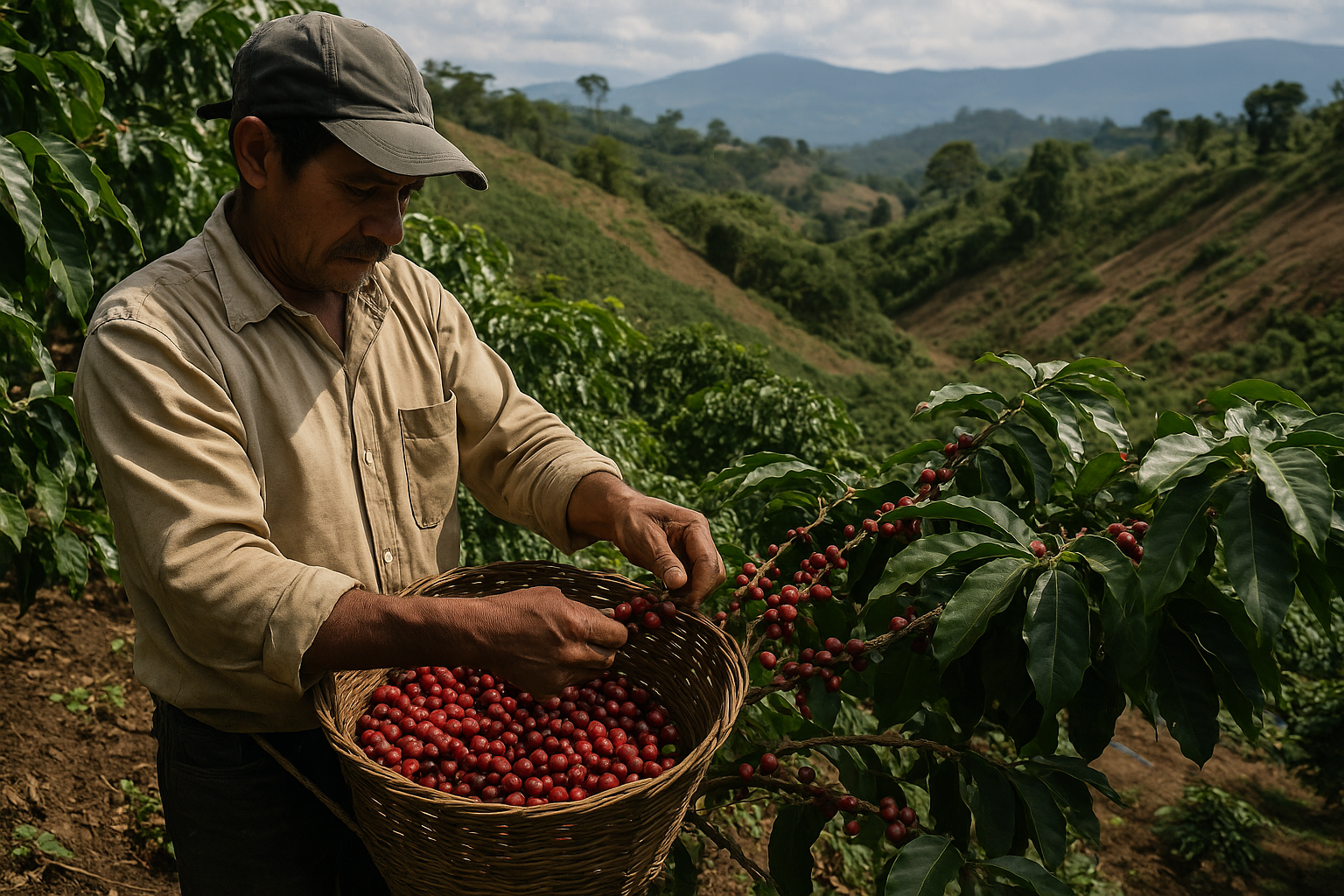Behind every bag of coffee lies a long chain of labor, trade, and global economics—yet many consumers remain unaware of how their morning cup affects millions of lives.
Fair Trade coffee emerged as a way to counteract the exploitative practices that have long dominated the coffee industry. But in an age of sustainability, climate crises, and ethical consumption, Fair Trade isn’t just relevant—it’s essential.
This article explores what Fair Trade means, why it matters more than ever, and how choosing it helps build a better world.
What Is Fair Trade Coffee?
Fair Trade coffee is produced under a trading partnership that seeks greater equity in international trade. At its core, it ensures that smallholder coffee farmers receive a fair price for their beans—typically higher than the fluctuating commodity market rate.
In addition to stable pricing, Fair Trade promotes:
- Safe working conditions
- Environmental sustainability
- Democratic decision-making among producer groups
- Investments in local communities (schools, health clinics, infrastructure)
Certifications like Fair Trade Certified and Fairtrade International verify that specific standards have been met through regular audits and supply chain transparency.
The Dark History of Coffee Trade
To understand the need for Fair Trade, it’s important to recognize the historic injustices in the coffee supply chain. For decades, large corporations and colonial powers dominated the industry, reaping enormous profits while paying farmers unsustainably low wages.
In many coffee-growing regions, farmers lived in poverty, subject to volatile market prices and lacking access to education or basic healthcare. Child labor, unsafe working conditions, and environmental destruction were—and still are—prevalent in some areas.
Fair Trade emerged in the 1980s and 1990s as a response to these imbalances, aiming to create a more just and transparent global economy for agricultural workers.
How Fair Trade Coffee Helps Farmers
The most immediate benefit of Fair Trade is financial stability. Farmers are guaranteed a minimum price, protecting them from sudden market crashes. When global prices are low, this safety net can mean the difference between survival and bankruptcy.
Additionally, cooperatives receive a Fair Trade premium—an extra sum of money that communities can invest in development projects. These might include:
- Building new schools or classrooms
- Improving access to clean drinking water
- Upgrading equipment or processing facilities
- Supporting women-led economic initiatives
By putting purchasing power directly into the hands of farmers and their communities, Fair Trade empowers them to make long-term improvements in their quality of life.
Why Fair Trade Is an Environmental Issue
Though it’s often discussed in economic terms, Fair Trade has a strong environmental dimension. Certified farms must meet sustainability standards that include:
- Limiting the use of harmful agrochemicals
- Protecting biodiversity
- Managing water and soil responsibly
- Avoiding deforestation
Many Fair Trade farms also adopt shade-grown coffee techniques, preserving tree canopies that provide habitat for birds and other wildlife. This approach mirrors traditional farming methods and contributes to climate resilience in coffee-producing regions.
Ethical Consumerism in a Globalized World
Today’s consumers are increasingly aware of how their spending habits affect the world around them. Ethical consumerism—the act of making purchasing decisions based on social and environmental values—has gone from fringe to mainstream.
Choosing Fair Trade coffee is one of the most tangible ways to practice ethical consumerism. It’s not about charity; it’s about fairness, dignity, and justice. You’re paying a bit more to ensure that someone else, often in a developing country, gets a fair shot at a decent life.
Is Fair Trade Coffee More Expensive?
Yes, Fair Trade coffee often costs more—but that price reflects the true value of ethical sourcing, decent labor conditions, and sustainable practices. Consider where the extra money goes:
- A living wage for farmers
- Funding for community projects
- Environmental protections
- Transparency and accountability in the supply chain
If we expect quality and ethical standards in the products we consume, we must also be willing to support the people who make those standards possible.
The Impact of Fair Trade: Real Stories from the Field
In places like Ethiopia, Peru, and Honduras, Fair Trade has transformed communities:
- In Peru, coffee cooperatives have built schools and hired full-time teachers thanks to Fair Trade premiums.
- In Ethiopia, farmers have invested in modern equipment, improving quality and gaining access to new international markets.
- In Honduras, Fair Trade has empowered women farmers to take on leadership roles in their cooperatives and communities.
These stories are not isolated—they’re repeated across continents, showing how ethical trade can uplift entire regions.
Fair Trade vs. Direct Trade: What’s the Difference?
Some specialty coffee roasters promote Direct Trade, where they buy directly from producers without a third-party certification. While this can result in strong relationships and high-quality coffee, it lacks standardized guidelines and external verification.
Fair Trade, in contrast, offers a universal framework with strict criteria, third-party audits, and traceability. Both models have their strengths, but Fair Trade remains the more structured and transparent system, especially for consumers looking for guaranteed ethical practices.
How to Identify Fair Trade Coffee
To ensure you’re buying genuine Fair Trade coffee, look for certifications on the package:
- Fair Trade Certified (USA)
- Fairtrade International (FLO) (Global)
- World Fair Trade Organization (WFTO)
Be cautious of vague claims like “ethically sourced” or “responsibly grown” without any verification. Always read the label and research the brand if you’re unsure.
What About Small Roasters Without Certifications?
Some small coffee producers and roasters may follow Fair Trade principles but lack formal certification due to cost or bureaucracy. If you’re buying from a local roaster, don’t hesitate to ask:
- Where do you source your beans?
- Do you visit the farms or know your suppliers personally?
- Do the farmers receive a fair price?
Transparency and willingness to share sourcing details are good indicators of a brand’s integrity.
The Bigger Picture: Coffee and Climate Change
Climate change is one of the biggest threats to the future of coffee. Rising temperatures, unpredictable rainfall, and new pests are already affecting yields and quality.
Fair Trade supports environmental resilience by:
- Promoting sustainable farming practices
- Encouraging crop diversification
- Funding climate adaptation projects
When you support Fair Trade, you’re also helping build a more climate-resilient future for coffee farmers worldwide.
Final Thoughts: Your Cup, Your Choice
In a world where many feel powerless to affect global systems, your coffee cup is a daily opportunity to make a meaningful choice. By choosing Fair Trade coffee, you’re:
- Supporting dignity and fairness for farmers
- Investing in sustainable agriculture
- Promoting community development
- Taking a stand against exploitation
It’s not just about caffeine—it’s about connection. Your morning ritual has the power to fuel change, and every ethical purchase is a small but mighty act of solidarity.

